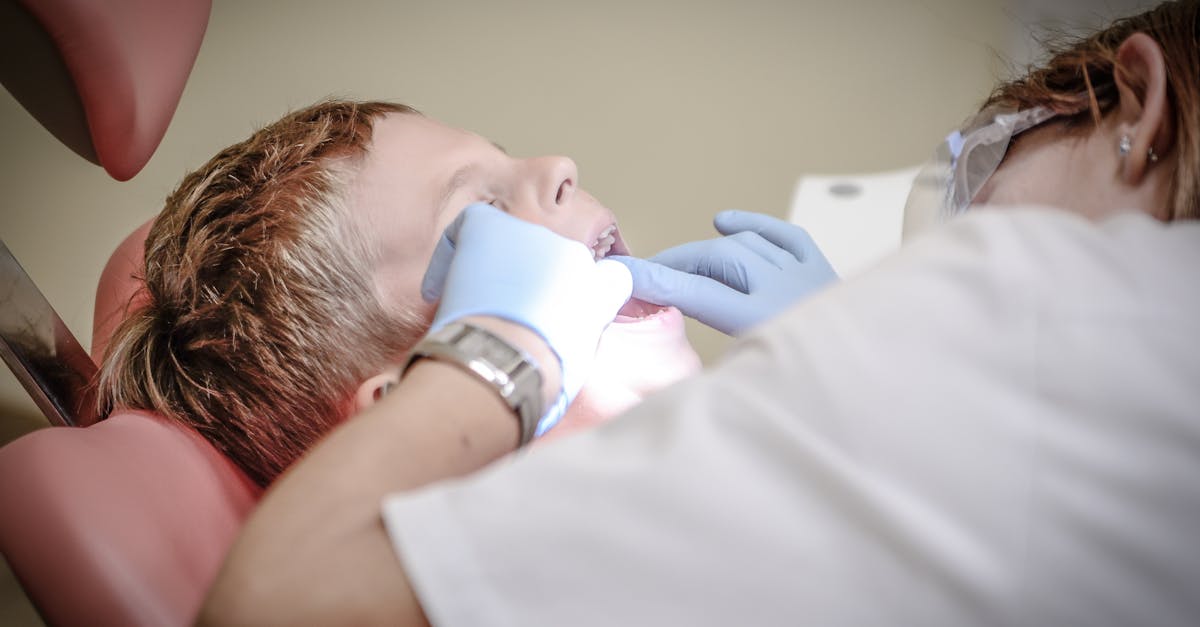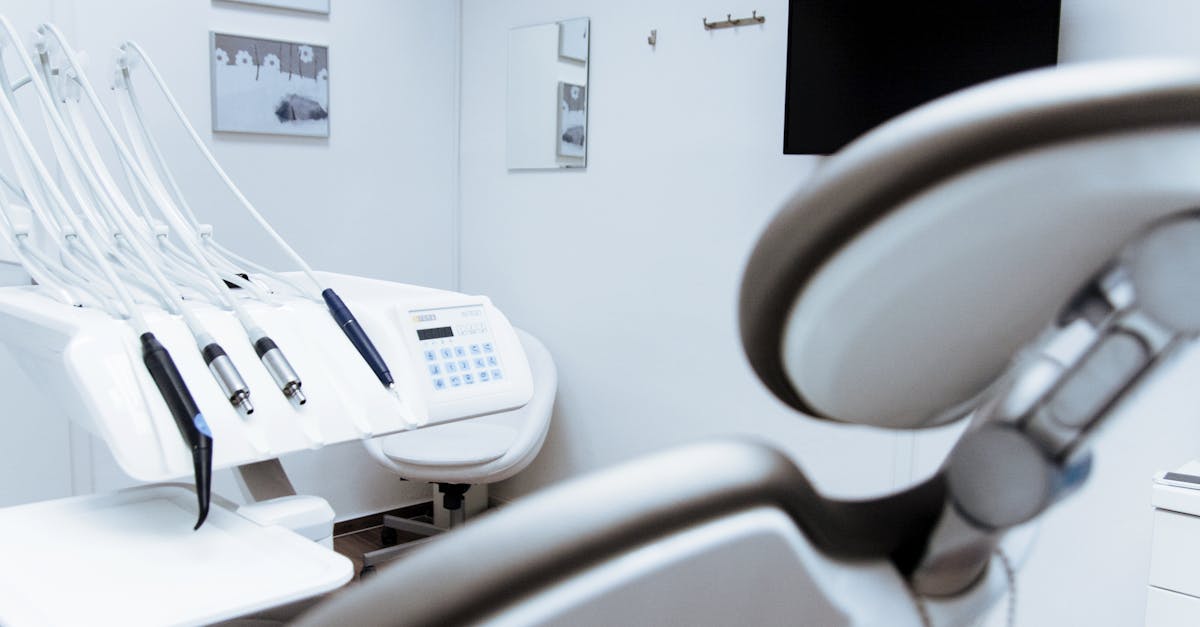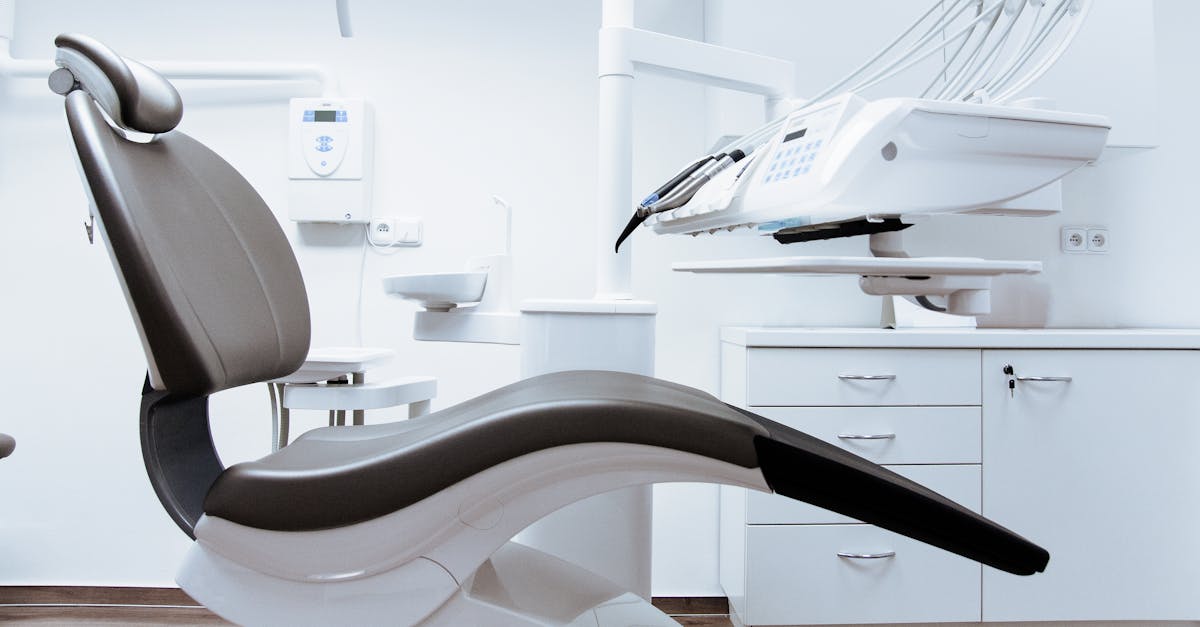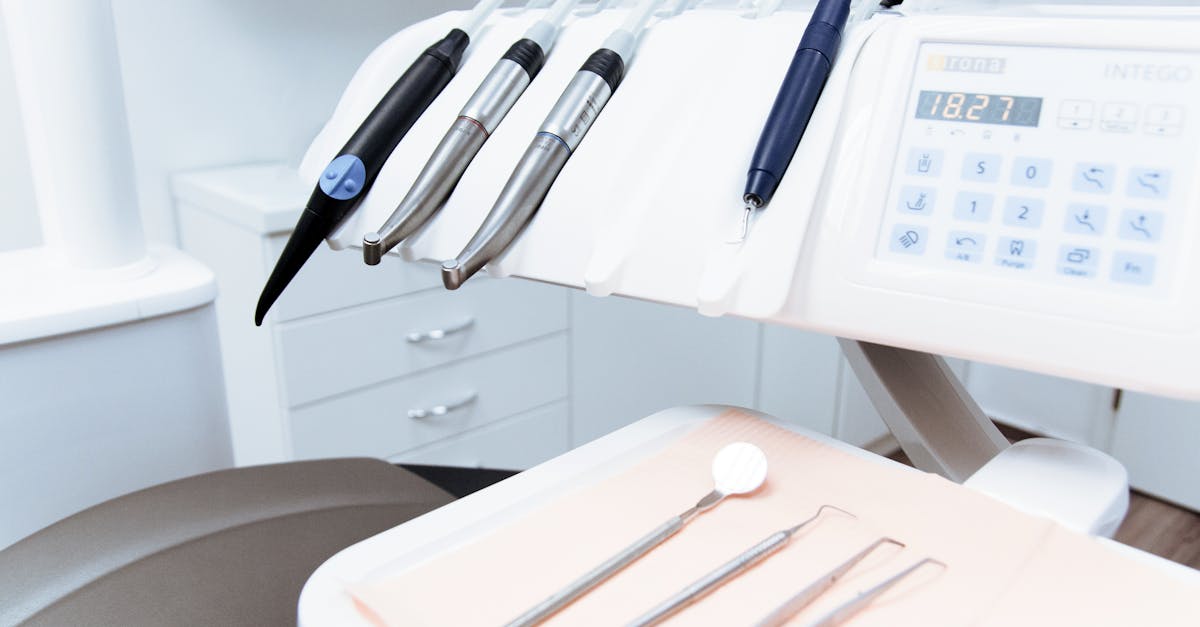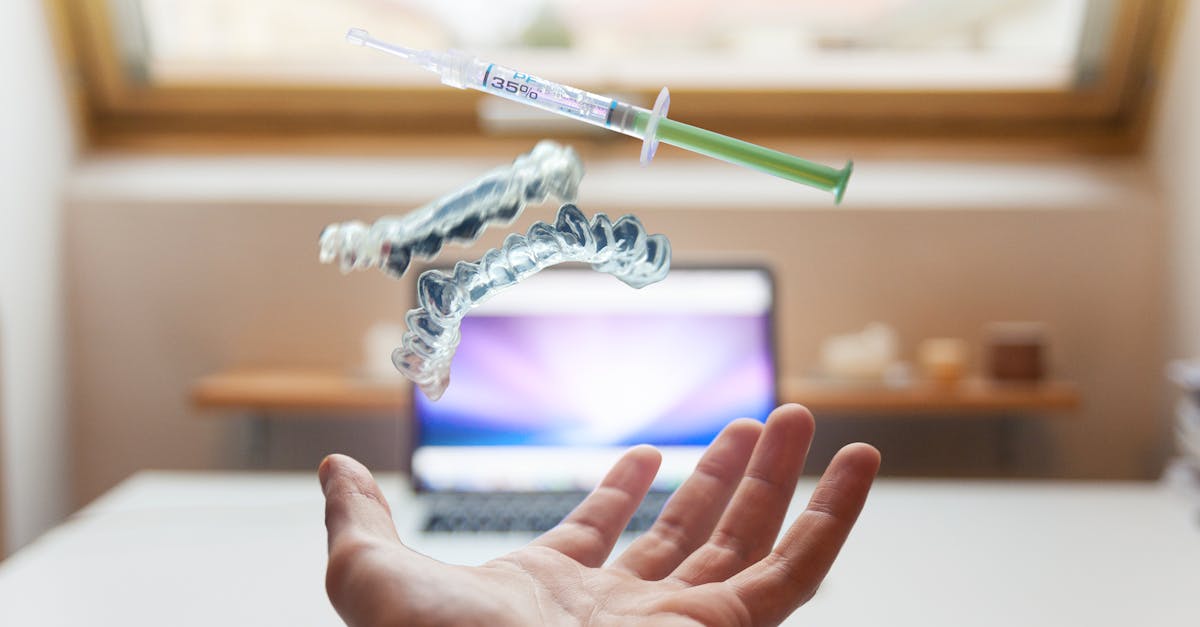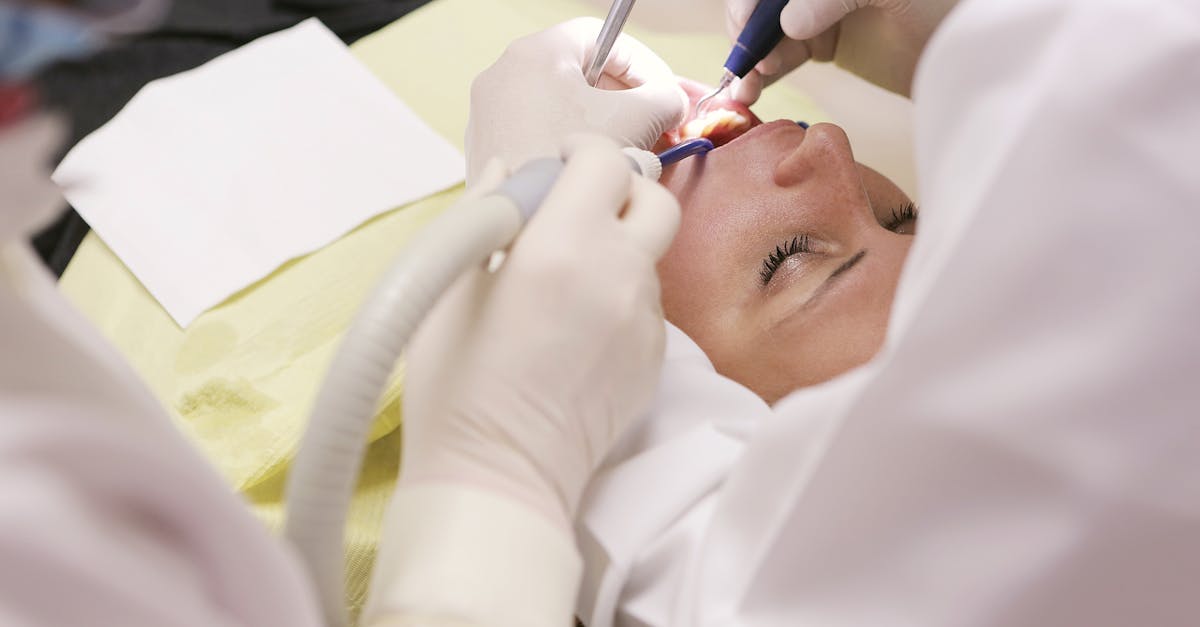
Dental Implant Placement
Table Of Contents
Boise Dental Implant proudly offers premier services for dental implant placement, providing patients with top-notch care and expertise for restoring their smiles. Our highly skilled team of dental professionals use state-of-the-art technology and techniques to ensure precise implant placement, resulting in a comfortable and natural-looking finish. From the initial consultation to the final restoration, we prioritize our patients' comfort and satisfaction, guiding them through every step of the process with personalized care. At Boise Dental Implant, we are committed to helping our patients achieve a healthy, beautiful smile that they can confidently show off.
Potential Risks and Complications
During the dental implant placement process, there are potential risks and complications that patients should be aware of. One common risk is infection, which can occur if proper oral hygiene practices are not followed both before and after the procedure. Infections can lead to implant failure and may require additional treatments to resolve.
Another risk is nerve damage, which can result in numbness, tingling, or pain in the affected area. This can occur if the implant is placed too close to a nerve or if there are complications during the surgical procedure. It is essential for the dental implant surgeon to have a thorough understanding of the patient's anatomy to minimize the risk of nerve damage during placement.
Infection Prevention Strategies
Proper infection prevention strategies are crucial in ensuring the success of dental implant placement procedures. Before the actual surgery, thorough sterilization of all instruments and equipment is essential to prevent any risk of contamination. In addition, the surgical team must adhere strictly to aseptic techniques during the procedure to minimize the chances of post-operative infections.
Furthermore, post-operative care instructions must be provided to the patient to ensure proper healing and prevent any infection. This typically includes guidelines on maintaining oral hygiene, taking prescribed medications, and attending follow-up appointments as scheduled. By taking these precautionary measures seriously, both the dental team and the patient can contribute to a successful outcome and minimize the risks associated with infections following dental implant placement.
Factors Affecting Dental Implant Success
Factors that significantly influence the success of dental implants include the patient's overall oral health, bone density, and medical history. Good oral hygiene practices are crucial for implant success, as bacteria and plaque buildup can lead to peri-implantitis, a condition that can compromise the stability of the implant. Regular dental check-ups and cleanings are essential in maintaining the health of the surrounding gums and bone tissue.
Another critical factor in the success of dental implants is adequate bone density and volume in the jawbone. Sufficient bone mass is necessary to provide a strong foundation for the implant to integrate properly with the surrounding bone tissue. In cases where bone density is insufficient, additional procedures such as bone grafting may be required to ensure the long-term success of the implant. Proper evaluation of the patient's bone quality and quantity is essential in determining the suitability of dental implants as a tooth replacement option.
Impact of Smoking on Implant Health
Smoking poses a significant threat to the success of dental implants. Nicotine and other harmful chemicals present in cigarettes can impair the body's ability to heal properly after the implant surgery. Smoking restricts blood flow to the gums and jawbone, leading to inadequate oxygen and nutrients reaching the implant site. This hindered blood flow can result in delayed healing, increased risk of infections, and even implant failure.
Moreover, smoking weakens the immune system, making smokers more susceptible to infections. This compromised immunity can make it challenging for the body to fight off bacteria that may enter the implant site, potentially leading to peri-implantitis—a serious condition characterized by inflammation and bone loss around the implant. In essence, smoking not only delays healing but also increases the chances of post-operative complications, jeopardizing the overall success of dental implant treatment.
Comparing Dental Implants to Other Tooth Replacement Options
When considering tooth replacement options, dental implants stand out for their durability and natural appearance. Unlike dentures or bridges, implants are securely anchored in the jawbone, offering stability and strength comparable to natural teeth. This stability not only improves chewing efficiency but also prevents bone loss that commonly occurs with other replacement options. Additionally, dental implants do not rely on neighboring teeth for support, preserving the health of adjacent teeth in the long run.
Furthermore, dental implants are renowned for their longevity and low maintenance requirements. With proper care and regular dental check-ups, implants can last a lifetime, making them a cost-effective solution in the long term. Unlike bridges that may need replacement every 10-15 years, implants are a permanent fixture in the mouth, providing patients with a reliable and hassle-free tooth replacement option. The aesthetic appeal of implants is also noteworthy, as they closely mimic the look and feel of natural teeth, enhancing both oral functionality and confidence.
Durability and Aesthetics of Dental Implants
Dental implants are highly regarded for their exceptional durability and natural aesthetics. Once successfully placed and integrated into the jawbone, they can last a lifetime with proper care and maintenance. Unlike other tooth replacement options such as dentures or bridges, dental implants provide a permanent solution that closely mimics the look and function of natural teeth.
The aesthetic appeal of dental implants is unmatched due to their ability to blend seamlessly with the rest of the teeth. Made from high-quality materials like titanium and ceramic, implants are custom-designed to match the shape, size, and color of the surrounding teeth. This results in a natural-looking smile that boosts confidence and self-esteem. Additionally, the durability of dental implants allows individuals to chew, speak, and smile without any hindrance, providing a sense of normalcy and comfort that is incomparable to other tooth replacement alternatives.
FAQS
What are some potential risks and complications associated with dental implant placement?
Potential risks and complications of dental implant placement may include infection, nerve damage, implant failure, and issues with the surrounding bone or gums. It is important to discuss these risks with your dentist before undergoing the procedure.
How can I prevent infection after dental implant placement?
To prevent infection after dental implant placement, it is crucial to follow your dentist's post-operative care instructions, maintain good oral hygiene, and avoid smoking. Regular dental check-ups can also help detect any signs of infection early on.
What factors can affect the success of dental implant placement?
Several factors can impact the success of dental implant placement, including the patient's overall health, oral hygiene habits, bone density at the implant site, and adherence to post-operative care instructions. Consulting with an experienced dentist can help assess these factors for individual cases.
How does smoking affect the health of dental implants?
Smoking can significantly impact the health of dental implants by compromising the body's ability to heal properly, increasing the risk of infection, and reducing the success rate of the implant integration process. Quitting smoking before and after implant placement is highly recommended.
How do dental implants compare to other tooth replacement options?
Dental implants offer several advantages over other tooth replacement options, such as bridges or dentures. They provide a more natural look and feel, improved biting and chewing function, and better long-term durability. However, the suitability of implants depends on individual factors and should be discussed with a dental professional.
Are dental implants durable and aesthetically pleasing?
Dental implants are known for their durability and aesthetic appeal. With proper care and maintenance, dental implants can last for many years and blend seamlessly with the surrounding teeth, providing a natural-looking smile. Regular dental visits and good oral hygiene practices are essential to ensure the longevity of dental implants.
